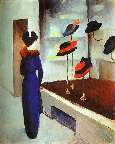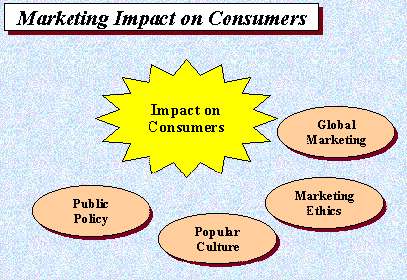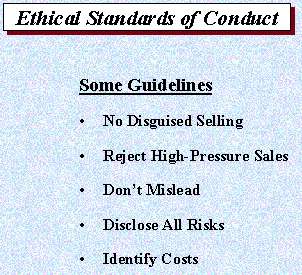|
|

|
Part 1 of the Six Wednesdays
Project is due today in the first 15 minutes of class
|
We'll start with an in-class exercise with the groups
and products assigned last class to give you an idea of how much you
already know about what Consumer Behaviour is and some of the roles we
play in the exchanges involved. In class I'll be asking you to:
 |
Exercise
You Already Know |
Think of 5 things you'd want to know about the person to
whom your company currently sells their product, if you
were going to design a Marketing Strategy for that
product |
|
Consumers' Impact on Marketing Strategy
Segmenting Consumers

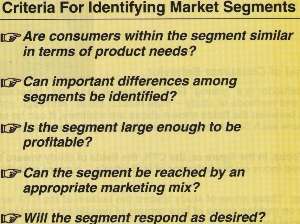
(overhead)
|
Demographic Segmentation

|
|
Age, Gender, Family Structure,
Social Class/Income, Ethnicity,
Lifestyle, Geography |
 |
Exercise
Demographics |
Name
some products that are primarily marketed on demographics
Name some that are primarily marketed on lifestyle
(measured with psychographics) |
|
|
Relationship Marketing
| Self-Concept Attachment |
 |
"Clothes make the man
(or woman)" |
| Nostalgic Attachment |
 |
When Campbell Soups tried to replace the familiar
Campbell Kids on their soup cans, sales dropped off dramatically
|
| Interdependence |
 |
think of starting your day WITHOUT your regular cup
of coffee, or whatever else gets you going in the morning |
| Love |
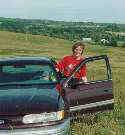 |
Try talking any car lover into taking public transit
instead; North America's love of the automobile is much more than
just a method of transportation to be easily replaced with lectures
about pollution |
Marketing's Impact on Consumers
Needs and
Wants: Do Marketers Manipulate Consumers?
Below is one couple's solution to the problem of
overly-expensive weddings in a world where so many people
have so little.
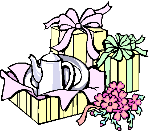 |
Atlanta: Carolyn Luond was
looking forward to a perfect wedding with all the
trimmings she and her fiancé could afford: a fancy gown, a
lavish reception and a bridal registry with oodles of home
accessories they could easily do without, including a $125
coffee maker. Then it hit her. It was a newspaper photo of
a little girl in Afghanistan, standing barefoot outside a
tent, with a tattered dress. "I burst into tears," recalls
Luond, 42. "I couldn't see asking someone to spend $125 on
a coffee maker for me when it could go somewhere else."
Her social conscience told her she could have wedding cake
and share some too. So the Atlanta couple turned their
bridal showers and January wedding into charity events. In
lieu of gifts, they asked for donations to a half-dozen
non-profits, including America's Fund for Afghan Children.
The Luonds are among a growing number of couples
leveraging their weddings to help charitable causes... |
(From the New York Times News Service
(excerpted from Toronto Star article Summer 2002)
|
 |
Exercise
Weddings |
What
kind of consumer has a wedding like this? What
demographics define the kind of person who would do this? |
|
The Dark Side of Consumer Behaviour
|
Why do you have to add an egg to a cake mix that is
capable of containing everything you need except
water to make a cake?
We'll talk about Betty Friedan's explanation in
the classic feminist book, The Feminist Mystique
|
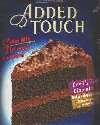
|
 |
Buying, Having, and Being
What don't you buy?
What product have you boycotted?
What did you throw out recently that you'd bought?
|

(photo by Scott Teresi)
|
What you have and don't have and what you don't buy
make as much of a statement about you as what you buy. This is why
Solomon's book is subtitled "Buying, Having, and Being"
Time for Group Meetings
|
